Most of us know the immune system and its importance in the prevention of sickness as well as fighting off viruses and bacteria. But what is the immune system exactly? It is not an organ but rather a collection of various cells which act to protect the body from harmful invaders such as microbes, bacteria, particles, and toxic compounds.
Boosting the immune system refers to allowing the immune system cells to readily do their job. If the body is in a balanced state, this will be much easier. Thus, in Traditional Chinese Medicine (TCM), the focus is not on strengthening the immune system specifically, but to restore balance to the whole body in order for the immune system to function optimally.
Here are seven TCM ways to boost your immune system but remember these are not substitutes for visiting your trusted TCM clinic in Singapore, where you would be addressed for any weakened organs which may contribute to lowered immunity.
1. Acupuncture
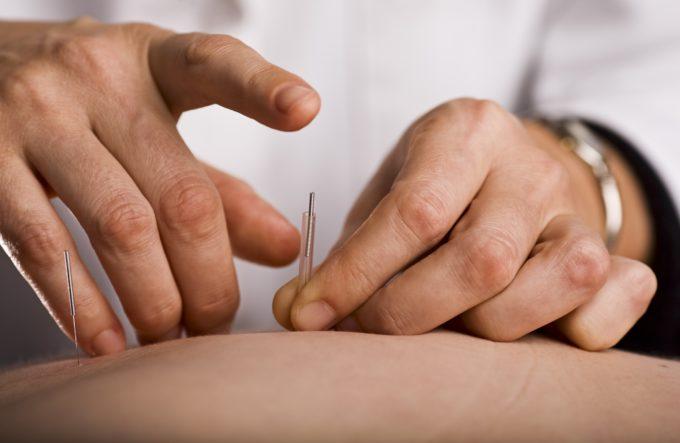
The equivalent of our immune systems in TCM is called Wei Qi or Defensive Qi. It runs between the skin and muscle and is the first line of defense to protect the body from external pathogens. However, when weak, it decreases the body’s ability to protect from external pathogens and one’s health is compromised. The regular acupuncture treatments you can get in Singapore can strengthen, support and rebalance the immune system that enables the body to fend off any colds or flus.
2. Acupressure
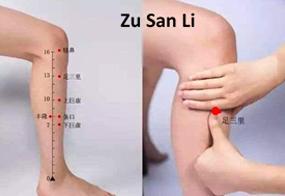
TCM practitioners in Singapore recommend that supporting and strengthening the body and the immune system proactively prevent illness before it occurs. Acupressure is similar to acupuncture, where pressing specific points on the body can unblock Qi energy and increase blood flow to the organs, thereby restoring balance and boosting immunity in the process.
While during this lockdown period, you can also do your very own DIY acupressure massage at home. The acupuncture point called Stomach 36 (Zu San Li) is commonly used for digestive issues and widely applied to improve immunity.
It is located four finger widths below the bottom of your knee cap and 1 finger width away from the shin bone. Apply firm pressure on the acupressure points on both legs and massage for 5 minutes daily.
3. Yin Qiao San ( 银翘散)
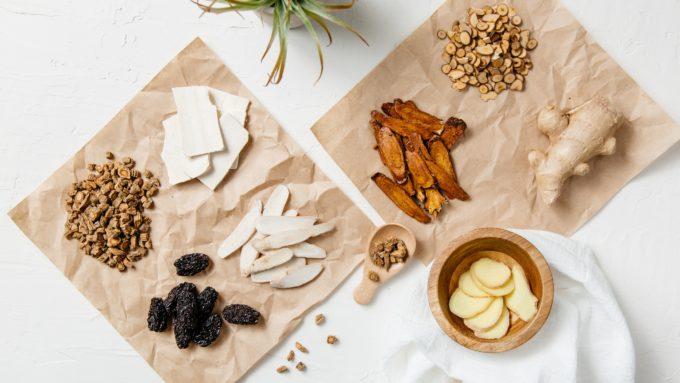
TCM experts often prescribe this nine-herb formula, which contains soothing licorice, nasal-clearing peppermint, perspiration-stimulating Jing Jie, and Lu Gen, which soothes the airways and the lungs. This herbal medicine clears heat and relieves toxicity; hence it is useful for heaty type of cough with sore throat, signs of thirst, yellow phlegm and maybe high fever.
4. Patchouli (藿香)
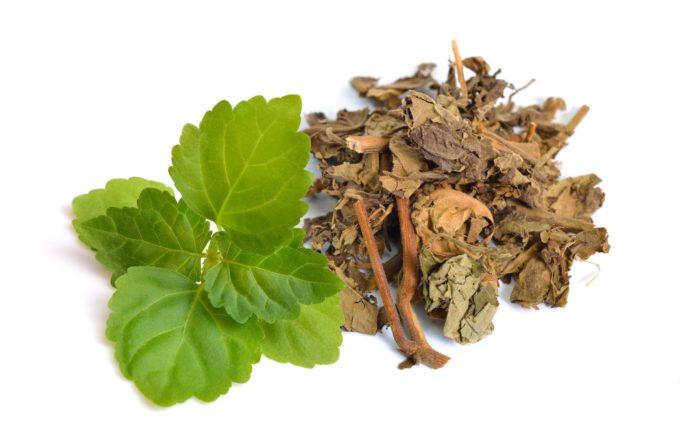
This aromatic herb which is one of the key ingredients in Po Chai Pill, is used to clear dampness in our body. In Singapore’s humid climate, it is easy to accumulate excess dampness and this may impede our Qi flow. It can also alleviate digestive issues such as indigestion and bloating. By having a strong digestive system, the body can absorb nutrients better to build a stronger Wei Qi for the immune system.
5. Cordyceps (冬虫夏草)
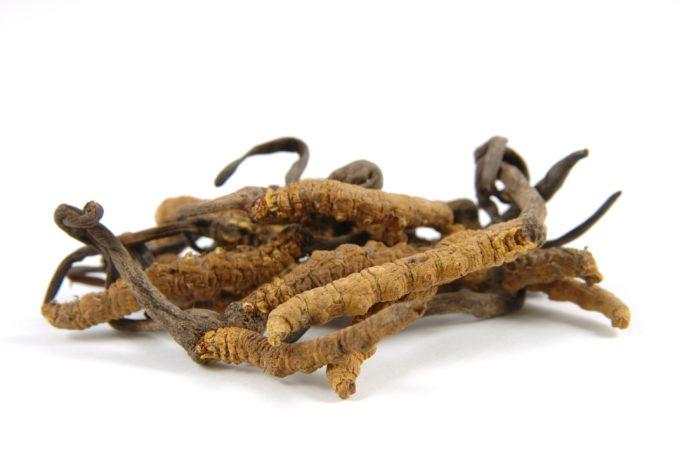
Cordyceps has long been used by TCM as a natural energy booster due to its tonifying Yang properties. Known for its ability to nourish the Lungs and Kidneys, it has been traditionally used to treat chronic cough and asthma symptoms. According to TCM physicians in Singapore, regular consumption may also help to invigorate the Lungs to ease breathing difficulties. In addition, it can also be taken to boost general wellness to support your immunity.
6. Astragalus (黄芪)
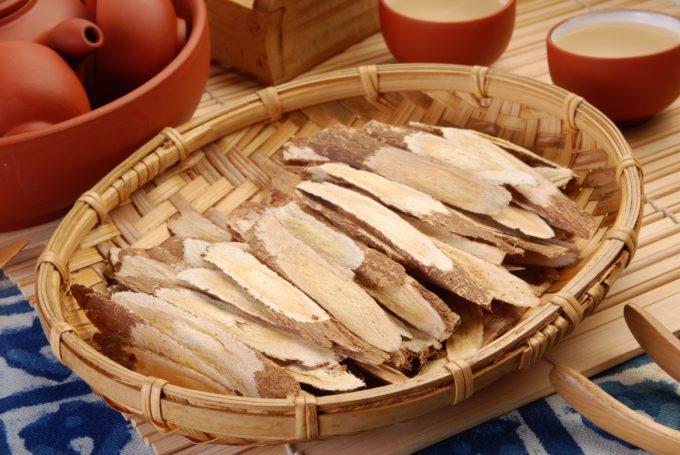
In TCM practices, adaptogenic astragalus is thought to combat stress. Add this herb to soups to fight fatigue and boost your immune system during cold and flu season.
7. Dandelion (蒲公英)
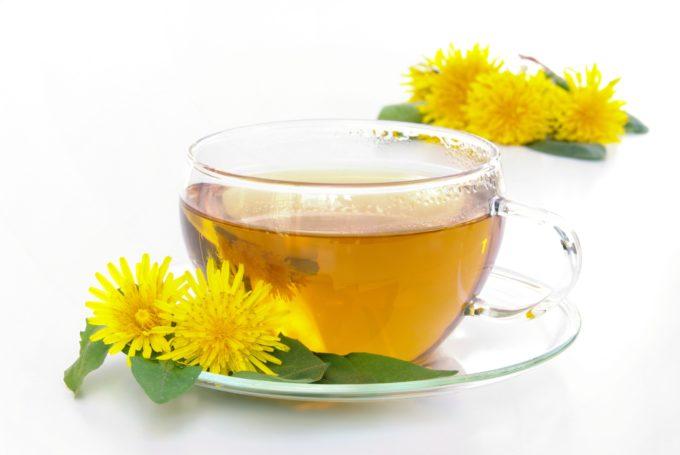
Pu Gong Yin is a TCM herb commonly found in infusion tea. Known to have a cooling property, it can be helpful to relieve sore throat or feverish symptoms that are due to heat. It is also high in antioxidants and helps to cleanse the Liver to keep them working properly. Always keep in mind that formulations and dosages may vary from one patient to another, depending on the severity of the symptoms, and whether they are being consumed for prevention purposes or as treatment. So, always seek the advice of a qualified TCM physician to create a treatment plan for you.
